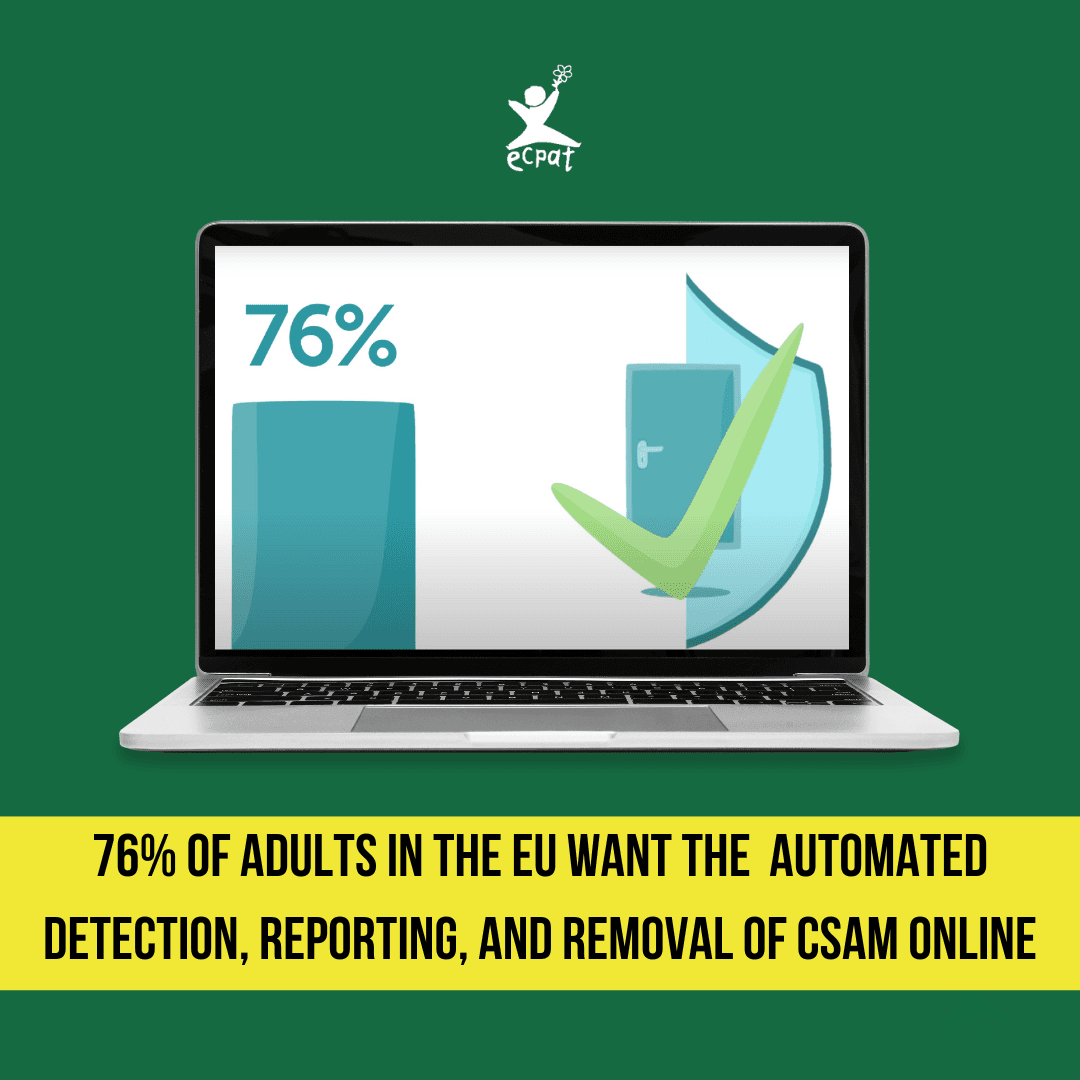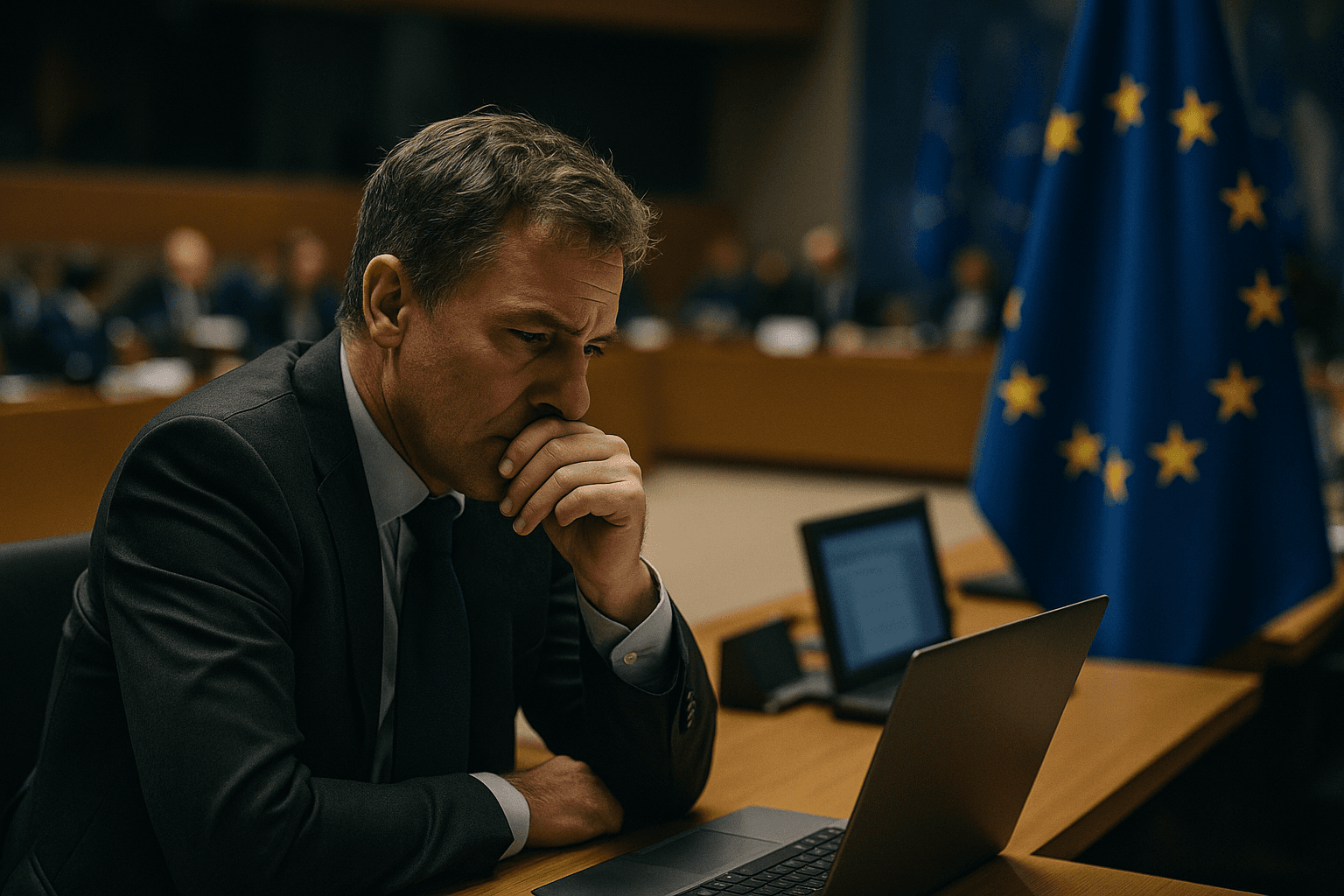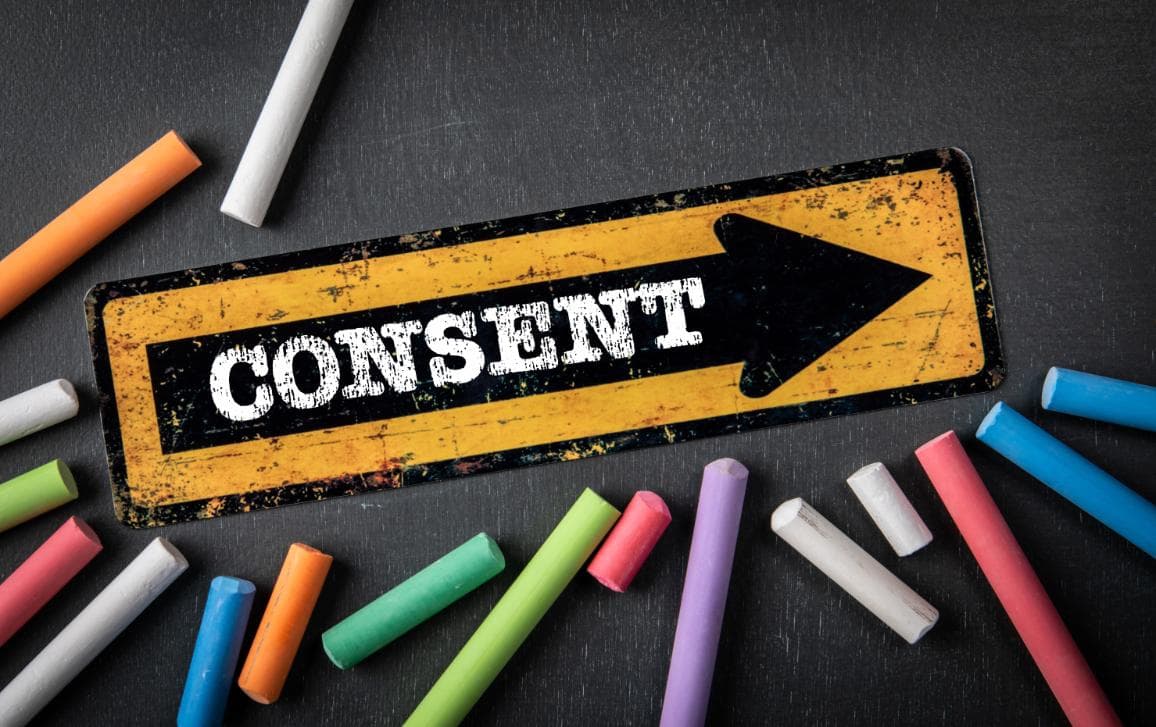EU Member States Opt Against Blanket Big Tech Duty on Child Abuse
European Union member states agreed a common position on draft online child protection legislation that stops short of imposing a blanket duty on global platforms to scan and remove child sexual abuse material. The compromise preserves privacy safeguards and establishes new compliance duties and an EU centre, but leaves enforcement to national authorities, creating potential for uneven implementation across the bloc.

European Union member states reached a compromise on November 26 that sets the Council's common position on proposed online child protection rules, rejecting a blanket obligation for global platforms to proactively detect and remove child sexual abuse material. The outcome requires platforms to carry out risk assessments and adopt mitigating measures while delegating enforcement and any operational obligations to national authorities. Member states also set up plans for an EU Centre on Child Sexual Abuse to coordinate responses and support national enforcement.
The Council position stops short of a single EU wide mandate for continuous scanning of private communications, reflecting sustained pressure from civil society groups and resistance from major U.S based technology companies. The compromise retains privacy safeguards that aim to protect encryption and limit broad automated scanning of private messages, while allowing authorities to impose penalties for non compliance when national rules are breached. The agreement also acknowledges calls from the European Parliament for minimum ages for social media access, which are likely to reappear in upcoming trilogue negotiations.
Policy makers framed the Council approach as an attempt to balance competing priorities. Lawmakers seeking stronger mandatory detection argued for tougher controls to prevent the circulation of abusive images and videos online. Opponents warned that a blanket duty to scan private communications would undermine encryption, risk mass surveillance, and impose heavy technical burdens on platforms. The Council solution instead focuses on risk based obligations, requiring platforms to identify vulnerabilities in services, implement proportionate mitigating measures, and report on compliance to national regulators.
The decision has immediate institutional consequences. By leaving enforcement and the design of specific obligations to member states, the Council effectively preserves national discretion, raising the prospect of divergent enforcement regimes across the EU. Companies operating across multiple jurisdictions could face a patchwork of rules and penalties, complicating compliance strategies and increasing legal uncertainty. The Centre on Child Sexual Abuse is designed to mitigate some of this fragmentation by facilitating information sharing, operational support, and best practice development among national authorities.

For tech companies the arrangement reduces the immediate prospect of a Europe wide scan requirement, but does not remove legal risk. Platforms will be required to conduct formal risk assessments and implement mitigating measures, obligations that could translate into fines or restrictive measures imposed by individual states. For civil society organizations the retained privacy safeguards mark a partial victory, but many advocates warn that the effectiveness of the regime will hinge on how national authorities enforce the new rules and how the centre functions in practice.
Next steps will bring the Council position into negotiations with the European Parliament and the European Commission. Those trilogue talks will determine whether minimum age provisions, enforcement mechanisms, or other Parliament proposals survive into final law. The outcome will shape the balance between child protection, privacy, and the regulatory burden on global platforms, testing the EU's capacity to craft interoperable rules for a fragmented digital environment.


